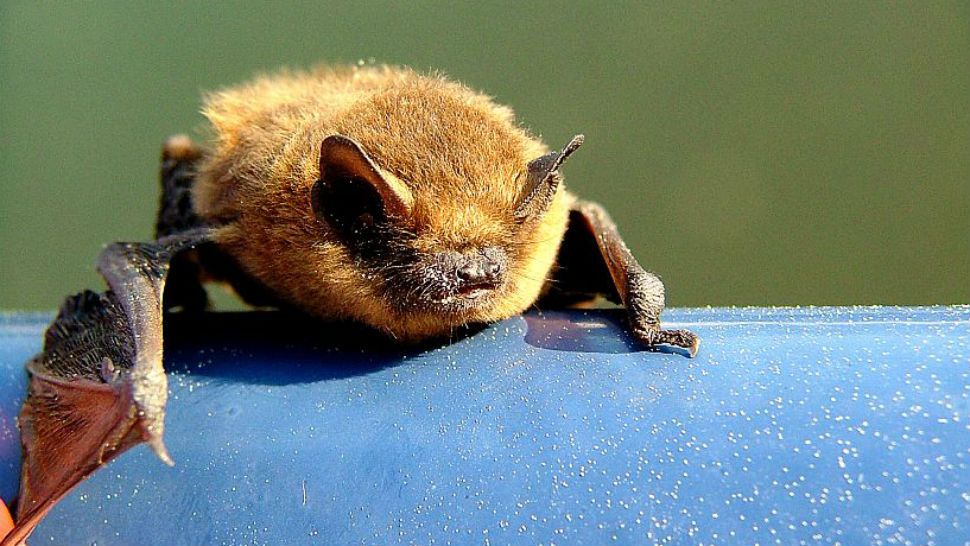STATEWIDE — A string of incidents involving bats and children have surfaced over the past few weeks as warmer temperatures sweep in.
In a letter sent to parents on Friday, San Antonio's Brennan High School principal John Trimble said there were two incidents involving students' exposure to bats on campus last week. One of the students was bit by a bat. When the incidents occurred, the bats were removed and sent for testing. The student who was bit's bat tested positive for rabies. The results for the second bat are pending, school officials said Wednesday.
In a separate incident, San Antonio's Animcal Care Services notified that a 4-year-old child was exposed to a deceased bat that tested positive for rabies after the boy picked it up on the playground of a local school Monday.
In addition, two bats infected with rabies were discovered in Manor and Dripping Springs, Texas.
Officials want to remind people to explain to their children what to do should encounter a seemingly dead bat, and what the implications could be. Rabies in a wild animal in its final stages causes them to become extremely sluggish, and easily confused for dead.
Lisa Norwood from ACS in San Antonio provided the following:
WHAT TO DO IF YOU ENCOUNTER A BAT
- Teach children that they should never touch wildlife or any roaming animal, regardless of whether it is living or dead. Children should be taught to tell an adult immediately if they see or touch an unknown animal in close proximity to people or pets.
- Residents should also refrain from feeding, touching, or handling any wildlife or unknown animals.
- If you or your pet makes contact with a bat, skunk, raccoon, coyote, or other wildlife, call 311 to be connected to your local animal control department.
- Pets that come into contact with wildlife should be confined to prevent further exposure to people or animals. State law dictates that any actual or potential rabies exposure must be reported to the local rabies authority for investigation and potential testing.
- If the unknown animal is within a home or building, keep the animal confined, but only if it can be done safely and without direct contact.
- If at all possible, wait for Animal Control to respond and avoid striking the animal. Physical trauma can damage the brain and make it impossible to conduct rabies laboratory tests.
HOW ARE HUMANS TREATED IF EXPOSED TO RABIES?
Shots, and lots of them! A good way to deter kids from interacting with potentially dangerous creatures. The Mayo Clinic explains how the vaccines work when exposure is suspected.
Rabies shots include:
- A fast-acting shot (rabies immune globulin) to prevent the virus from infecting you. Part of this injection is given near the area where the animal bit you if possible, as soon as possible after the bite.
- A series of rabies vaccines to help your body learn to identify and fight the rabies virus. Rabies vaccines are given as injections in your arm. You receive four injections over 14 days.
DON'T FORGET YOUR DOGS AND CATS
Remember, all dogs and cats must be vaccinated against rabies annually in keeping with city and state law.
Free or low-cost clinics in the San Antonio area here. Free or low-cost clinics in Austin area here.



